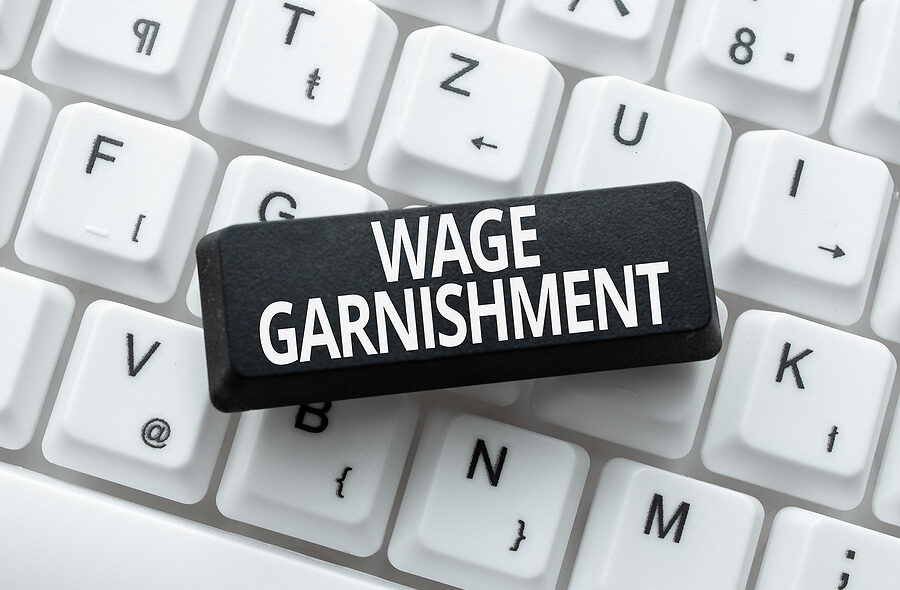Wage garnishment is a common tool used by creditors and third-party debt collectors to satisfy a judgment on an outstanding debt. Consumers who are facing the possibility of a wage garnishment should understand what exactly a garnishment means for him or her.
A wage garnishment is a legal procedure ordered by a judge after a court issues a judgment on a debt. The garnishment order allows the consumer’s employer to take a portion of his or her wages prior to the check being given to the consumer to pay back a creditor. Some common types of debt that can lead to a person’s wages being garnished include: unpaid taxes, overdue child support, defaulted government student loans, delinquent credit card loans, and outstanding medical bills.



